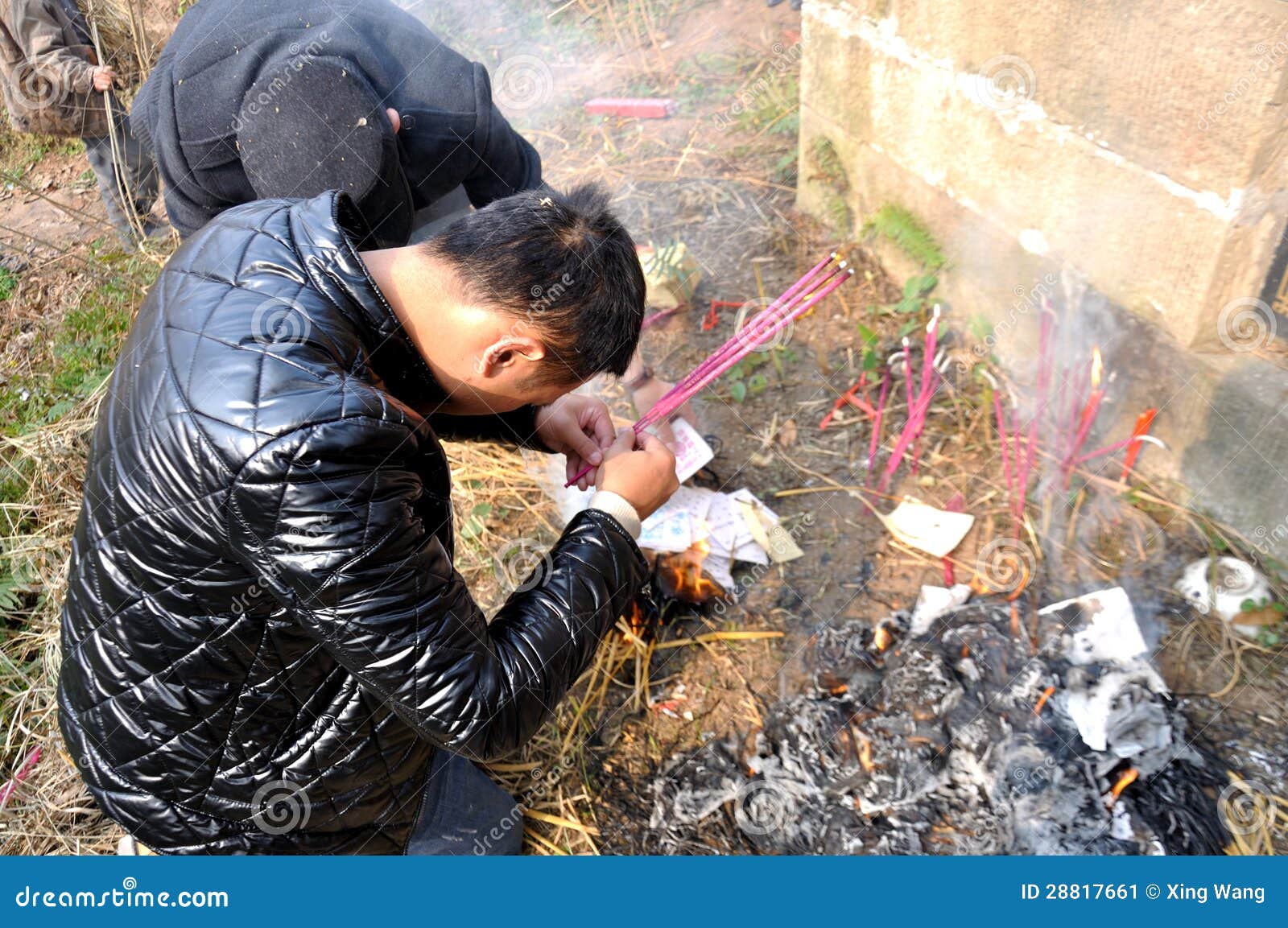
Remedies for violations of "veneration rights" are part of the discussions regarding China' new draft civil code Susan Finder reports. Some courts have already recognized such claims - proceeding in a way not unfamiliar to those in the common law tradition. But the main thrust of Chinese civil law is that the aspirational language of the preamble of the constitution, and the generalities of the General Principles of Civil Law (1986) need an enabling statute to be implemented.
A look at the remedies afforded in statutes demonstrates that non-economic harms are recognized and that available remedies go beyond the usual money judgment. But as in our tort law, recovery for emotional distress has been controversial in China. But it has strong support in statutes and its scope has expanded. We have generally linked it with personal injury suffered or markers of seriousness. So recovery has often required proof of significant "impact" , outrageous conduct, or presence in a "zone of danger". China is similar - but the specified remedies show a greater sensitivity than we display. The statutory remedies of rehabilitation of reputation and apology show a great sensitivity than we usually exhibit.
For example seven years ago China's legislature amended its civil rights act - the State Compensation Law - to allow recovery for emotional distress 精神. Like the Tort Law (2009) the SCL provides an array of remedies for the "serious consequences" of administrative or police and prosecutorial misconduct. The SCL provides, in part:
第三十五条 有本法第三条或者第十七条规定情形之一,致人精神损害的,应当在侵权行为影响的范围内,为受害人消除影响,恢复名誉,赔礼道歉;造成严重后果的,应当支付相应的精神损害抚慰金。
Article 35 If according to the provisions of Articles 3 or 37 of this law a person causes another to suffer emotional harm then within the scope of the harm done, the actor should take measures to eliminate the consequences to the victim, rehabilitate the victim's reputation, make an apology, and pay consolation damages in cases where the consequences of the violation of rights are serious.- GWC
Veneration rights litigation in China | Supreme People's Court Monitor
by Susan Finder
The drafting of China’s Civil Code is underway and unbeknownst to the world outside of China, whether the Civil Code should recognize veneration rights is part of the discussion. The fact that these cases are on the increase is significant for what is means for changes in Chinese society, how ordinary Chinese people are using the courts, and the place of traditional customs and morality. These cases are one of many in which Chinese judges find themselves having to deal with claims to individual rights in the absence of clear law.
Although statistics on the number of cases are not available, a quick search of one of the judgment databases revealed about 100, arising primarily in Beijing, Shanghai, and Zhejiang. According to a recent press report, a Beijing court recognized veneration rights of a bereaved father. The father had sued his son in law for damages in the amount of 100,000 RMB for removing his daughter’s ashes without informing him and seeking the right to determine where the ashes should be stored. The court ordered the son in law to pay 20,000 RMB damages to his father in law for inflicting mental distress, compensate him for the cost of a portrait of his daughter, but said the widower had the right to determine where the ashes should be stored.
No comments:
Post a Comment